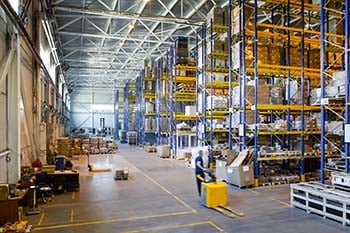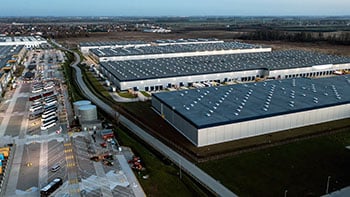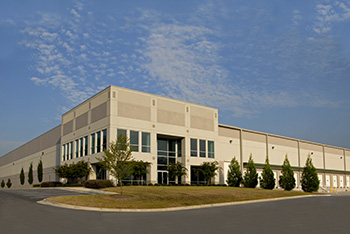Many multichannel merchants focus on how they can lower operating costs of their supply chain logistics when they consider outsourcing certain tasks. When you use third party fulfillment partners to outsource your operations, you also outsource the investment. Sounds obvious, but the magnitude isn't always clear until you're faced with replacing a warehouse management system (WMS), moving into a new fulfillment space or upgrading your website and platform.
When outsourcing your fulfillment, you don't have to invest in those upgrades as your business grows and changes. Remember, evaluating various 3PL solutions and proper due diligence is critical for companies to be successful. Let's look at some examples that show the size of these investments.
- Warehouse management system. Utilizing a 3PL allows companies to be free of potentially substantial investments in WMSs, both emerging company as well as a larger company with several hundred users. As good WMS is a requirement due to its robust list of functionality and fulfillment support.
- Supply Chain Logistics operations. Partnering with a 3rd party fulfillment provider, you avoid investing in the construction and/or build-out costs; as well as the long term lease, racking, conveyors, material handling, manifest and shipping systems, peripheral systems like RF/barcoding, furniture and fixtures. Plus, you avoid one of the top expenses in your supply chain logistics operation - direct labor (and the hiring, training and retention) to run the warehouse.
When looking at these investments on a 5-7 year basis, many would have been amortized and depreciated over that time. Yet, many companies struggle to make the initial and ongoing investments because of the competition for financial resources.
Here are some questions you need to answer as you look at evaluating a 3rd party fulfillment vendor, versus internal operations:
- Are you keeping pace with investments in the infrastructure required?
- What alternatives for capital use does your business have rather than investing in physical assets?
- Does the potential 3PL partner have the finances to grow and expand? What's their track record of doing this for clients?
- How will those costs be passed onto your business as it grows and changes?
- Can a major activity be outsourced to a third party logistics partner, and not result in a total loss of control (e.g., kitting, work order processing, returns processing)?
- Which 3rd party fulfillment provider best understands your category of product (e.g., apparel with its high SKU storage needs, returns, etc.) and mode of operation (e.g., e-commerce, order management system, etc.)?
- Which provider will be the best long-term partner?
- How vulnerable will this leave you if the 3rd party fulfillment provider's performance isn't up to par?
- If you wish to sell your business and don't own major assets, does this help you (the prospective owners aren't paying for assets), or hurt you (you may need to remain operationally independent of the other businesses a prospective owner has invested in)?
- Are you able to relinquish some control of the order fulfillment process? Some people choose not to entertain 3PLs due to needing to have complete control.





SHARE